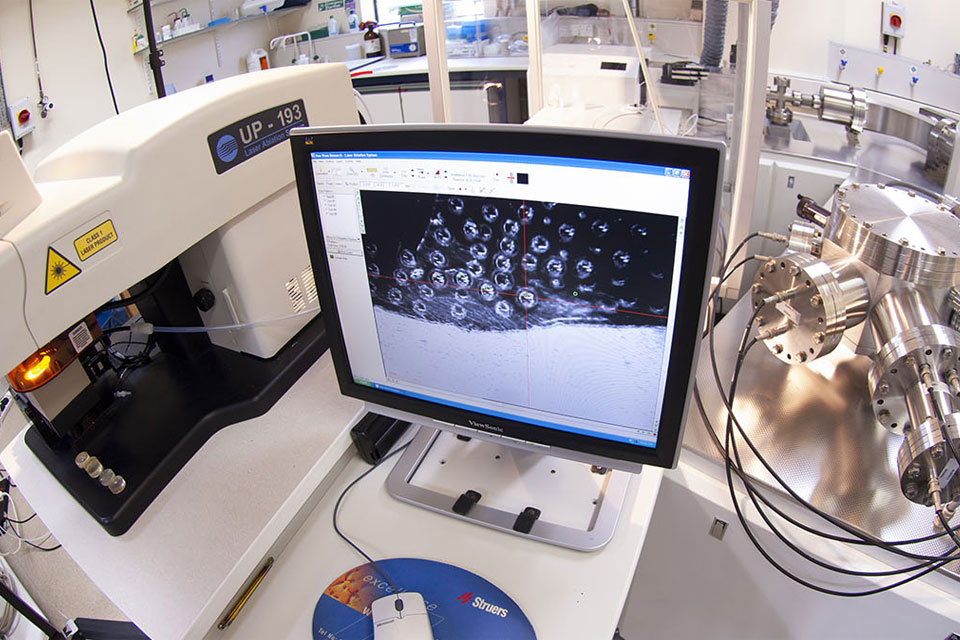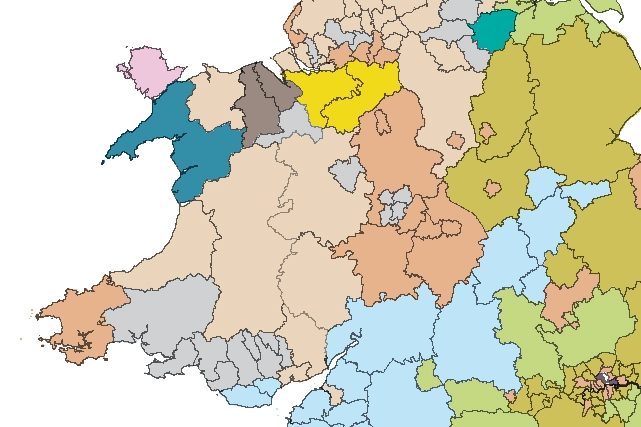BGS appoints new members to Science Advisory Committee
Four new members’ three-year terms begin in June 2023.
17/05/2023 By BGS Press
BGS is delighted to announce the following appointments to the BGS Science Advisory Committee (SAC).
- Prof Christopher Jackson, director of sustainable geoscience, Jacobs
- Prof David Manning, professor of soil science, Newcastle University
- Prof Sarah Metcalfe, professor of earth and environmental dynamics, University of Nottingham; interim provost and CEO, University of Nottingham Malaysia
- Christopher Power, engineering geologist at Mott MacDonald specialising in geotechnical asset management, engineering rock geology and rock mechanics
Our new members will begin their three-year terms on 1 June 2023.
The role of the BGS Science Advisory Committee (SAC) is to advise BGS on the development and delivery of its science portfolio of public good science. This role has never been more important as we launch our new science strategy for 2023 to 2028, ‘Understanding our Earth’.
The SAC will support BGS in delivering this five-year strategy, which sets out four priority science areas:
- maps and models for the 21st century
- a more secure energy transition
- improved water security
- living with geological hazards
We are delighted to welcome our new members of the BGS Science Advisory Committee. Their breadth and depth of expertise and knowledge will ensure that we continue to deliver science with impact and bring the new BGS Science Strategy to life.
Dr Karen Hanghøj, BGS Director.
Related news

Call for new members and Chair to join the NERC facilities steering committees
25/02/2026
New members are needed to join the committees over the next four years.

Your views wanted – developing a ‘Geothermal energy subsurface data portfolio’
24/02/2026
BGS is aiming to support the growth of the sector by providing the best-available, location-specific geothermal and ground source heat information as an accessible product or service.

Map of BGS BritPits showing the distribution of worked mineral commodities across the country
18/02/2026
BGS’s data scientists have generated a summary map of the most commonly extracted mineral commodities by local authority area, demonstrating the diverse nature of British mineral resources.

Funding awarded to map the stocks and flows of technology metals in everyday electronic devices
12/02/2026
A new BGS project has been awarded Circular Electricals funding from Material Focus to investigate the use of technology metals in everyday electrical items.

New UK/Chile partnership prioritises sustainable practices around critical raw materials
09/02/2026
BGS and Chile’s Servicio Nacional de Geología y Minería have signed a bilateral scientific partnership to support research into critical raw materials and sustainable practices.

Extensive freshened water confirmed beneath the ocean floor off the coast of New England for the first time
09/02/2026
BGS is part of the international team that has discovered the first detailed evidence of long-suspected, hidden, freshwater aquifers.

Funding secured to help mitigate ground risk in UK construction sector
05/02/2026
The BGS Common Ground project has been awarded new funding to help unlock the value of ground investigation data.

Can sandstones under the North Sea unlock the UK’s carbon storage potential?
02/02/2026
For the UK to reach its ambitious target of storing 170 million tonnes of carbon dioxide per year by 2050, it will need to look beyond the current well-studied geographical areas.

Quaternary UK offshore data digitised for the first time
21/01/2026
The offshore wind industry will be boosted by the digitisation of a dataset showing the Quaternary geology at the seabed and the UK’s shallow subsurface.

Suite of ten new soil reference materials released
02/01/2026
BGS has a longstanding track record of producing high-quality reference materials and has released ten new soil reference materials.

Perth and Kinross tops the UK’s earthquake activity charts for 2025
29/12/2025
Seismologists at BGS have published data on the number of seismic events over the past 12 months with over 300 earthquakes recorded.

BGS awarded funding to support Malaysia’s climate resilience plan
17/12/2025
The project, funded by the Foreign, Commonwealth & Development Office, will focus on minimising economic and social impacts from rainfall-induced landslides.



